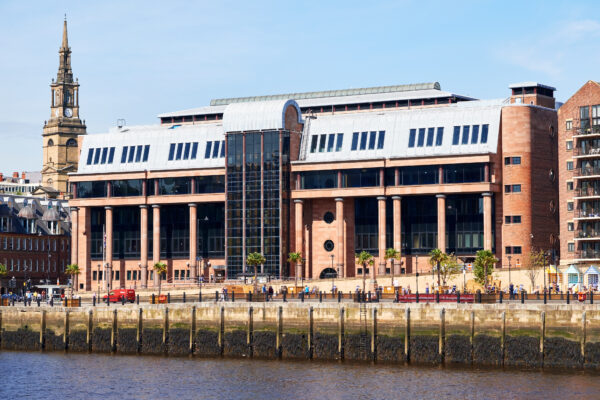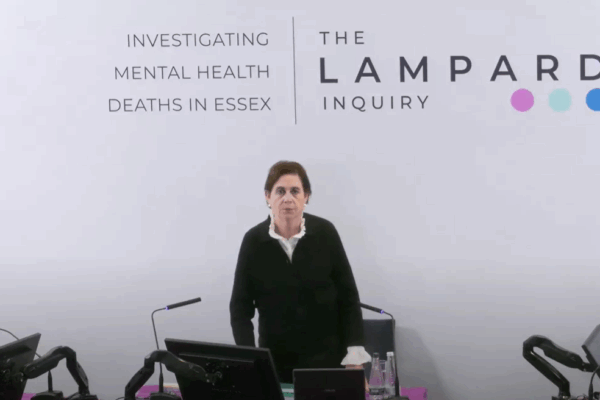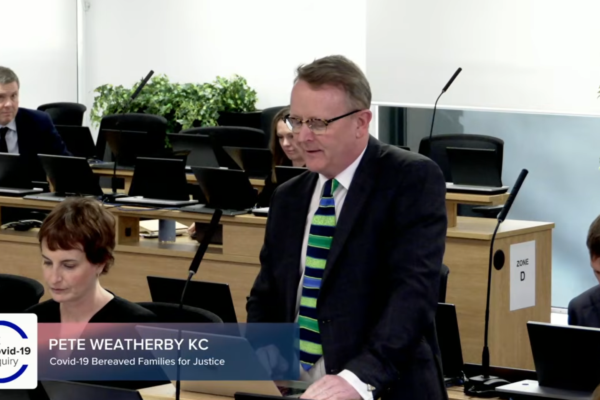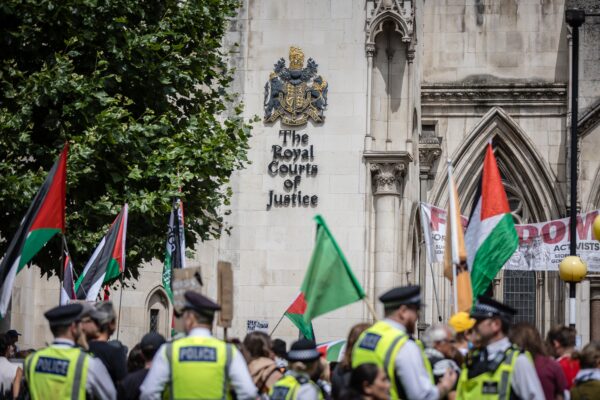Second Manchester Arena Inquiry report heavily criticises emergency services’ response
4 November 2022

On 3 November 2022, the second report from the Manchester Arena Inquiry was published and it highlighted a catalogue of failings and mistakes by the emergency services including the finding that it was likely that “inadequacies” had prevented one victim’s survival and possible that the youngest victim might have survived with a better response.
In his 1,000-page report, specifically addressing the performance of the emergency services, the inquiry Chair, Sir John Saunders, said avoidable mistakes had been made, in particular by GMP, and that interoperability – joint working – had completely failed.
The Chair said it was likely that the emergency services’ “inadequacies” had prevented 28-year-old John Atkinson’s survival. He ruled that 20 victims suffered unsurvivable injuries and said that he “cannot exclude the possibility” that the youngest victim of the attack, Saffie-Rose Roussos, could have survived her injuries had she received the best available treatment straight away.
The Report criticisms were not only of the individual emergency services’ responses, but also the communication between services and the coordination of the overall operation. Although some admissions had been made by the services during the evidence, the Chair concluded that the failures went much further, and following the publication of the report all the main emergency services issued public apologies and indicated that they would ensure that lessons were learned.
The Chair made many recommendations for improvements but it remains to be seen whether they will be acted upon.
The report provides further evidence of the need for law reform in this area and in particular a statutory duty of candour to require public authorities and others to come clean about failures from the outset, and the establishment of a national oversight mechanism to ensure lessons learned at inquiries and inquests are actioned. These have been key campaign demands of the Hillsborough families and also the charity INQUEST, which supports bereaved families in controversial and state-related cases.
The final Volume 3 report is to follow. That report will deal with the Security Services and Counter-Terror Police and whether the bombing could have been prevented.
Pete Weatherby KC, Anna Morris, Mira Hammad and Christian Weaver from GCN’s Inquests and Inquiries team, and Harriet Johnson from Doughty St Chambers represent seven of the bereaved families at the Inquiry, instructed by Nicola Brook of Broudie Jackson Canter Solicitors, and Terry Wilcox of Hudgells Solicitors.





